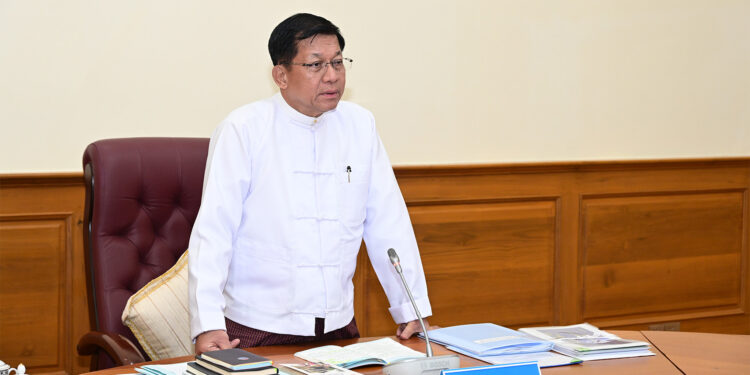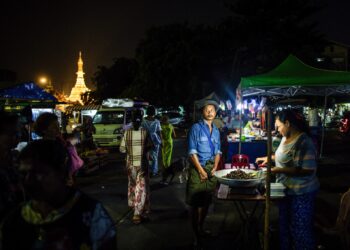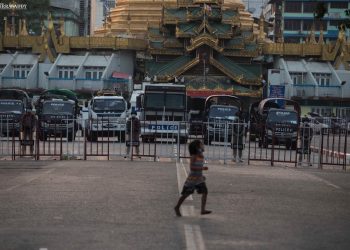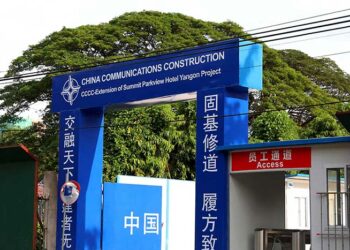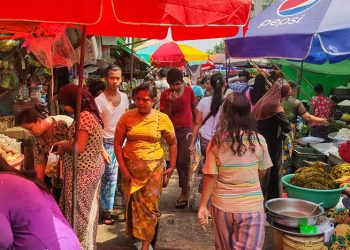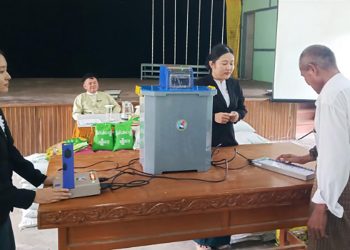Myanmar military junta boss Min Aung Hlaing, who frequently claims that data and information from global organizations like the UN is inaccurate and incomplete, is now insisting that the World Bank’s economic forecasts for Myanmar lack credibility.
The World Bank predicted last month that Myanmar’s economy is set to shrink 2.5 percent in the 2025/26 financial year, largely as a result of March’s devastating magnitude-7.7 earthquake.
During the National Economic Development Coordination Meeting on Wednesday, Min Aung Hlaing claimed the World Bank’s prediction is based on “inaccurate and incomplete data”, state run media reported.
The World Bank’s office in Yangon was not immediately available for comment.
At the meeting, he claimed Myanmar’s GDP was $76.4 billion in 2024-25 and that his regime targeted $81.6 billion in 2025-26, a $5.2-billion increase.
“Regardless of external forecasts, if the people remain committed and hardworking, we can defy these expectations and achieve real GDP growth,” he said.
However, the bank’s report predicted GDP will contract 2.5 percent in the financial year ending in March 2026 “mostly due to earthquake impacts”, with output $2 billion lower than it would have been without the disaster.
“Production across all sectors has been disrupted by factory closures, supply chain constraints, labor shortages, and damage to infrastructure,” according to a World Bank statement.
The tremor also inflicted an estimated $11 billion worth of damage, equivalent to 14 percent of GDP, according to the report.
On the ground, people face civil war, natural disasters, high inflation, job scarcity, currency devaluation and severe power outages, with millions suffering post-earthquake crises.
Min Aung Hlaing admitted on May 30 at the Rebuilding Myanmar: Post Earthquake Economic Recovery event that the earthquake caused massive socio-economic losses, estimated at over 3.62 trillion kyats ($1.7 billion). Despite this, he rejected the World Bank’s forecast.
Over the past four years, Min Aung Hlaing has promised peace, electric railways, electric cars, prosperity, food security, export growth and modern agriculture, but nothing has materialized.
The junta consistently rejects UN and global organizations’ analyses, claiming they lack accuracy, impartiality and integrity, while opposing discussions of Myanmar’s crisis.
People on social media mocked Min Aung Hlaing’s criticism of the World Bank, and joked that his growth prediction must have been a reference to his family’s businesses and those of his military cronies.
Min Aung Hlaing’s son Aung Pyae Sone and daughter Khin Thiri Thet Mon, leveraging their father’s influence, own businesses in pharmaceuticals, hospitals, construction, hotels, transport, film production, entertainment, insurance, telecom, art galleries, restaurants and gyms.
The US has blacklisted Aung Pyae Sone and Khin Thiri Thet Mon, sanctioning six of their companies.


